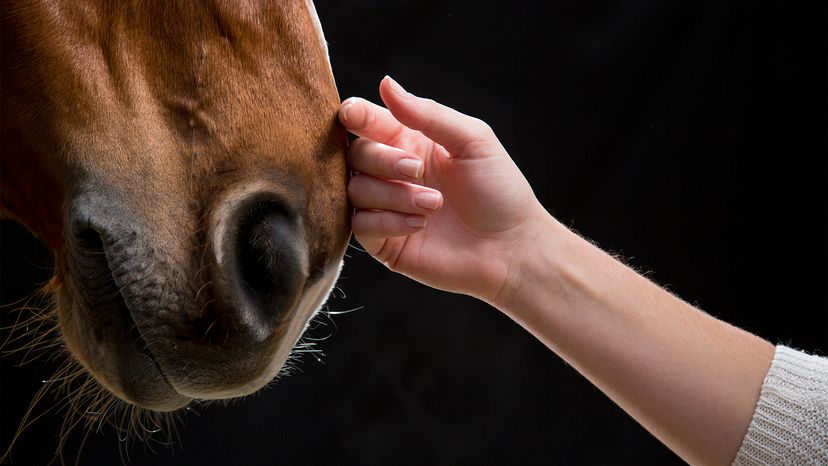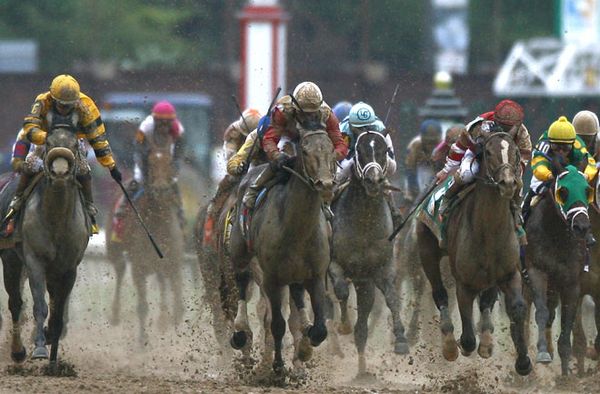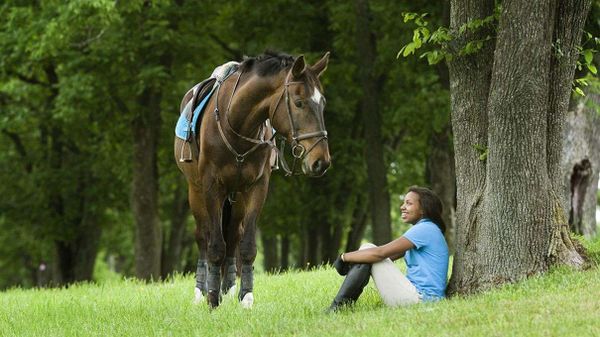
Ever wonder how a horse could help you cope with grief, trauma and emotional pain? Turns out, horses possess an evolutionary advantage that enables them to pick up on our most subtle emotions, while at the same time not being judgmental and even uncovering emotional blind spots. That means they are the ideal tool for teaching people how to deal with everything from a life-ending diagnosis and physical death of a loved one to miscarriage, divorce and much more.
"As a prey animal, horses don't rely on vocalization to communicate, because using sound would give away their position to a predator," says Gail Carruthers. An equine-guided learning teacher, she founded and owns Skye Blue Acres, a 187-year-old farm in Puslinch, Ontario, Canada where she operates a non-clinical Equine Learning Center — called the Equine Intelligence Agency — that helps clients manage grief and major life losses.
Advertisement
"Horses instead have developed a sophisticated silent method of communication that is built upon sensing the energy (or chi) by using their body language, stance and position," Carruthers explains in an email interview." A mere twitch of an ear, rise of a shoulder or a shift in the hips is enough to convey life-sustaining information to the entire herd simply by being able to detect the ripple of energy."
How does this come in handy at Skye Blue Acres and other similar equine-guided learning centers? Open spaces, natural landscape and horse teachers allow individuals to access and engage their emotional, feeling, sensing, non-verbal and intuitive right brain. That, in turn, helps them regain self-awareness and insights into their own personal understanding and emotional expressions of grief and loss.
"In my work, horses have been observed to reflect back to a client an uncanny and accurate reflection of their inner emotional map, and to zero in on emotional states that neither the client or a trained facilitator has previously detected," says Carruthers. "Emotions that have long been held within the body, and are essentially stuck and unable to move forward, are now being released."
"I think equine therapy is especially effective as it pertains to grief and loss, because grief is a relational experience," says Lissa Corcoran, founder and executive director of Atlanta-based Flying Change Equine Therapy, which also helps clients process grief and loss, in an email interview. "We are missing a connection with someone we love, so a new relationship with a horse can soothe that ache."
Advertisement

